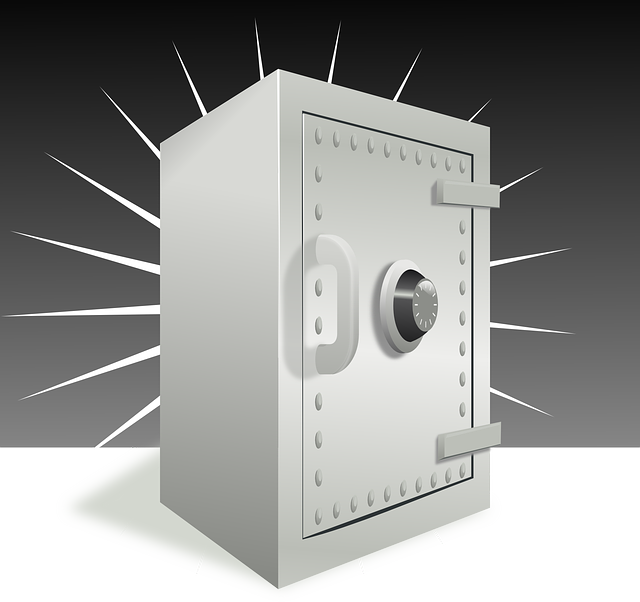Uploaded September 8, 2016

Experts from each Big Four firm are meeting today to discuss the implications of the blockchain technology that makes virtual currencies like bitcoin possible, particularly as they relate to the accounting world, according to Coindesk.
The meeting will consist of a series of roundtable discussions on how the accounting industry can work together to develop blockchain standards. Coindesk said that the firms are speaking candidly about developing an overlapping consortium that would incorporate each firm’s in-house blockchain network and allow them to compare data against each other.
The meeting is being hosted by block chain startup Consensys, which is centered around the digital currency ethereum, a bitcoin rival focused mainly on the creation and execution of “smart contracts.” Beyond the Big Four, other representatives present include XBRL US, Microsoft, and Grant Thornton.
Just What is a Blockchain Anyway?
A blockchain is a decentralized database allowing for the creation of a public ledger that is extremely difficult, bordering on the nigh impossible, to tamper with or alter in any way. It was developed by the pseudonymous creator of bitcoin, Satoshi Nakamoto, as a way to prevent someone from copying the code of a digital currency unit over and over again and amassing a fortune. How is basically works is that a transaction is recorded onto a discrete “block” of data. This block is checked against all the previous transactions associated with it through a distributed system where each node has a full history of all transactions on the chain. Once all the nodes agree that this newest block lines up with what one would expect with all the previous ones, then it’s added as the latest entry in the chain and the transaction is deemed valid. Any new transaction after this would, in turn, create a new block which would, as before, be compared to all other transactions, plus the block that was previously created.
To better understand the process, imagine it applied to physical cash. Every single dollar bill, once it is printed, is stamped with its own unique serial number. Right now, in theory, a skilled person can copy a bill already in circulation. Now, say someone already spent the first bill and then tried to use the copy to buy something else. A pack of cigarettes perhaps.
In this analogy, the store clerk would scan the bill’s serial number, which would then be checked against multiple databases distributed across the world, all of which have a record of the current location of every single dollar bill in circulation.
One of the databases says “wait a minute, a dollar bill with that exact same serial number is currently sitting in a 7-11 cash register on 84th and York! Anyone else getting this?” The other databases go “Yes, you’re right, that’s what’s on my record too! A bill with this serial number is indeed at that place right now. We all agree. It’s a fake!”
The transaction does not go through.
If, however, the bill were real, the databases would go “Hm, okay, this dollar does not appear anywhere else, that’s the real dollar, it’s not the fake. We all agree. The transaction can go through.” Then, the databases would all be updated with the new location of that dollar.
Implications for Accounting, Other Industries
A Deloitte paper written in March said its application to the accounting world could represent a shift as dramatic as the move to double-entry bookkeeping.
“Blockchain technology may represent the next step for accounting: Instead of keeping separate records based on transaction receipts, companies can write their transactions directly into a joint register, creating an interlocking system of enduring accounting records. Since all entries are distributed and cryptographically sealed, falsifying or destroying them to conceal activity is practically impossible. It is similar to the transaction being verified by a notary – only in an electronic way.”
This could theoretically lead to things such as real-time audits, as a blockchain’s public ledger is updated with every new transaction. It could also change the nature of fraud investigations, given the extreme difficulty of altering blockchain records. KPMG has also pointed out that regulatory compliance could also become easier, and thus reducing its associated costs.
Accountants aren’t the only ones interested in blockchain. Banks are also looking into the technology for their own purposes, with seven large financial institutions having formed a network of their own in June. The technology could allow for trusted records of things such as stock trades to regulatory compliance data, cutting out the need for intermediary institutions and saving banks up to $20 billion a year, according to FastCompany. ”
View original article here

